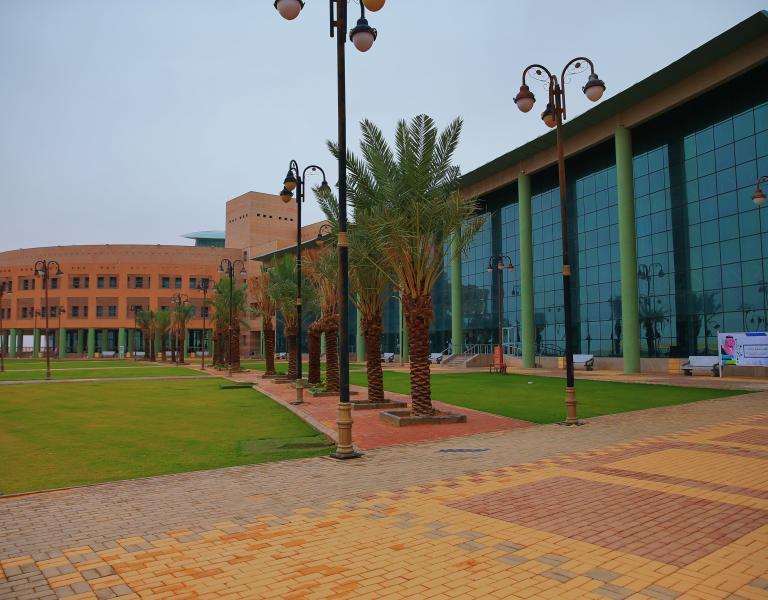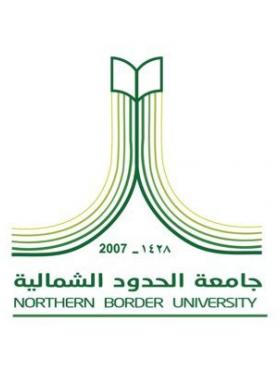About the Department
It is one of the departments within the College of Education and Arts, established in 1409 AH in conjunction with the founding of the former Teachers College. This department offers a special education program encompassing various tracks such as mental disability, learning difficulties, behavioral disorders and autism, as well as giftedness and excellence. The department actively engages in both internal and external activities at the college. This includes teaching General Educational Diploma courses, contributing to primary grades program instruction, participating in the Learning Resources Diploma program overseen by the Deanship of Community Service and Continuing Education, as well as providing instruction in Family Guidance Diploma courses and skills training. Furthermore, the department collaborates with the Deanship of the Preparatory Year in educational planning and performs student guidance responsibilities at the university. Additionally, it conducts training sessions in regional schools and offers services to the local community.

